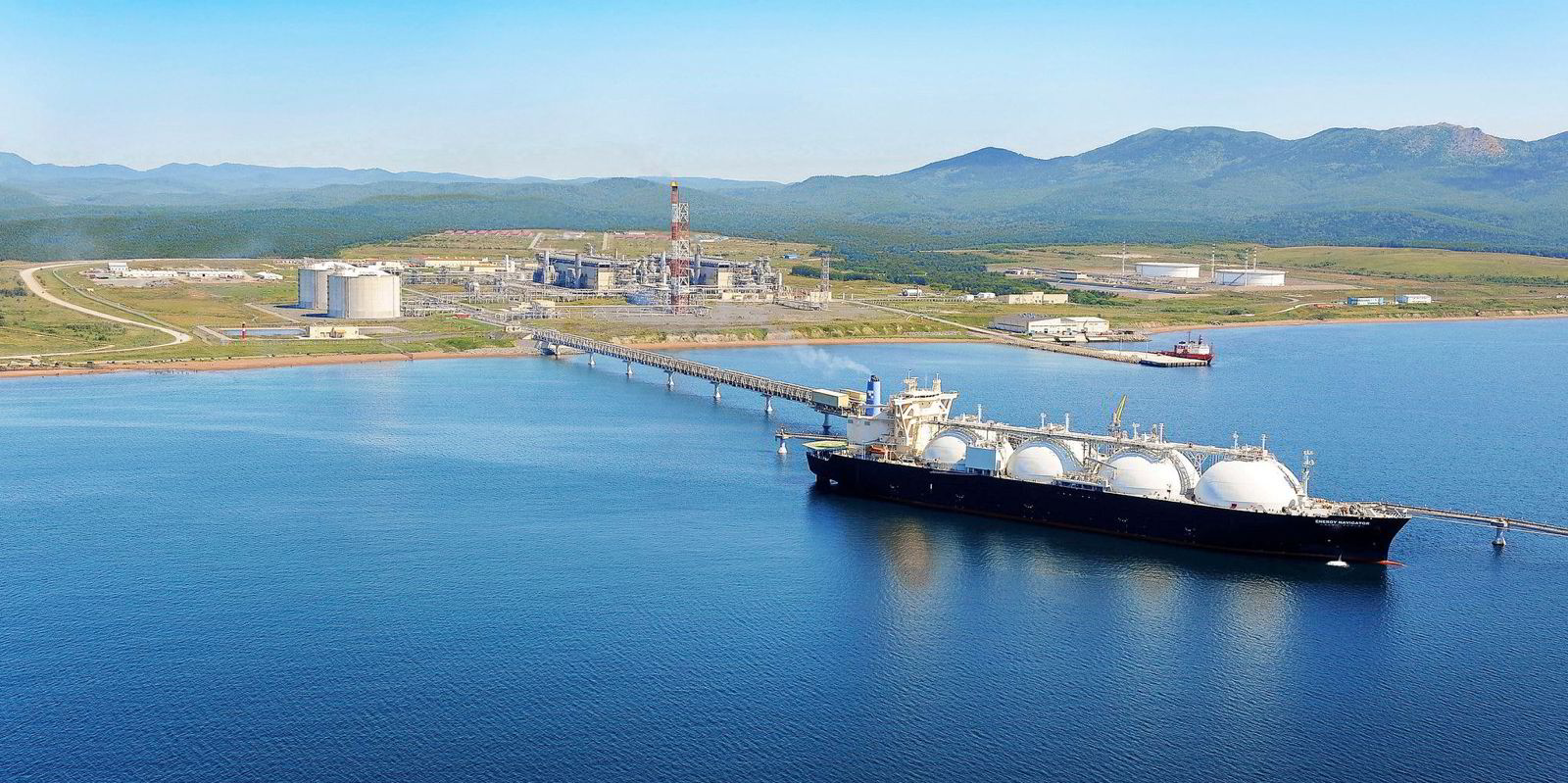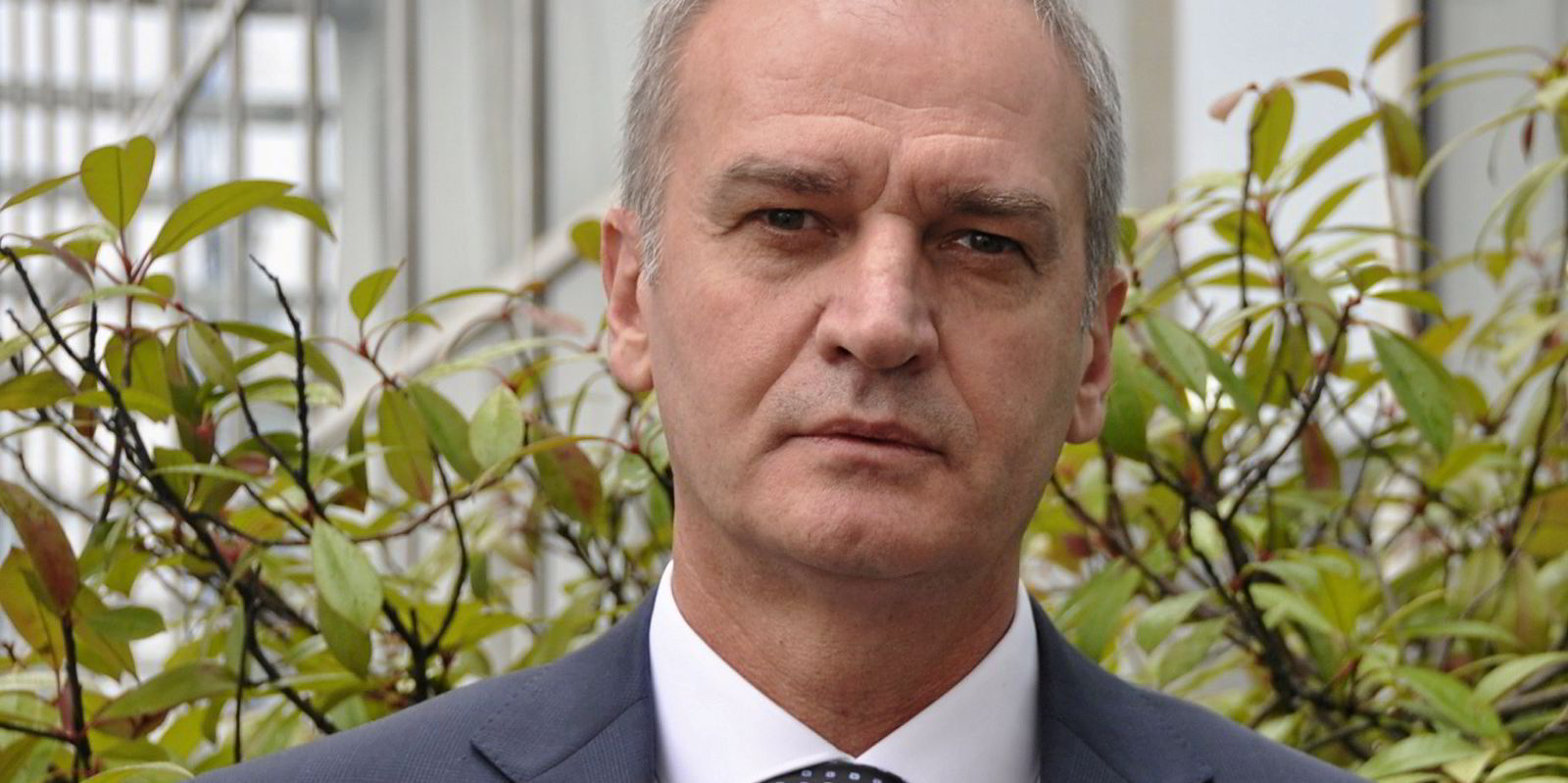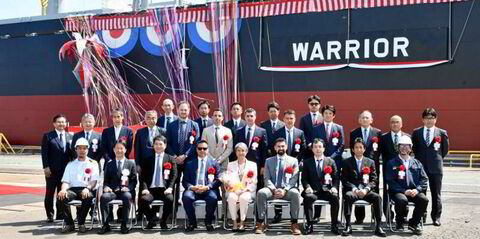ExxonMobil says it has left Russia after the “expropriation” of its Sakhalin-1 oil and gas fields by President Vladimir Putin.
The withdrawal — announced in March — was hastened following a dispute after Sovcomflot (SCF) tankers lost their insurance cover as a result of Western sanctions brought in after Russia’s invasion of Ukraine.
ExxonMobil refused to allow six Sovcomflot tankers to carry fuel after the alternative Russian arrangements were made for coverage, according to reports. It led to output at the field falling from 220,000 barrels per day (bpd) before the invasion to 10,000 bpd.
Putin responded by creating a new operating company to be managed by state-run energy giant Rosneft to take over the project. ExxonMobil had been the project operator and had a 30% stake in the joint venture with Japanese, Indian and Russian investors.
“We have safely exited Russia following the expropriation,” said ExxonMobil in a statement on Tuesday.
“With two decrees, the Russian government has unilaterally terminated our interests in Sakhalin-1 and the project has been transferred to a Russian operator.”
Production fields in the Sea of Okhotsk, off Sakhalin Island in Russia’s Far East, are linked by pipeline to an export terminal from where six ice-class Sovcomflot aframaxes transported the oil before the war, according to Sovcomflot.
The company was sanctioned by the US government, preventing US outfits from having dealings with the Russian tanker giant. Further measures come into force from 5 December with a European Union ban on seaborne crude imports followed by a similar ban on oil products two months later.
The Russian state-backed shipowner has since transferred some of its fleet to a rebranded Dubai-based management subsidiary and reclassified its ships with the Indian Register of Shipping.
The move by ExxonMobil prepares the ground for a legal claim by the company against the Russian state.
ExxonMobil announced it was pulling out of the country on 1 March, days after the start of the invasion. It has registered a $4.6bn impairment charge on its Russian operations.




